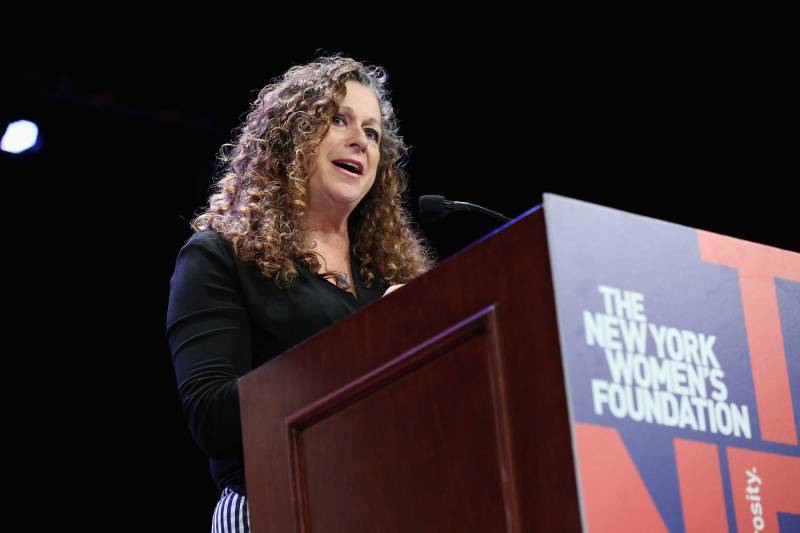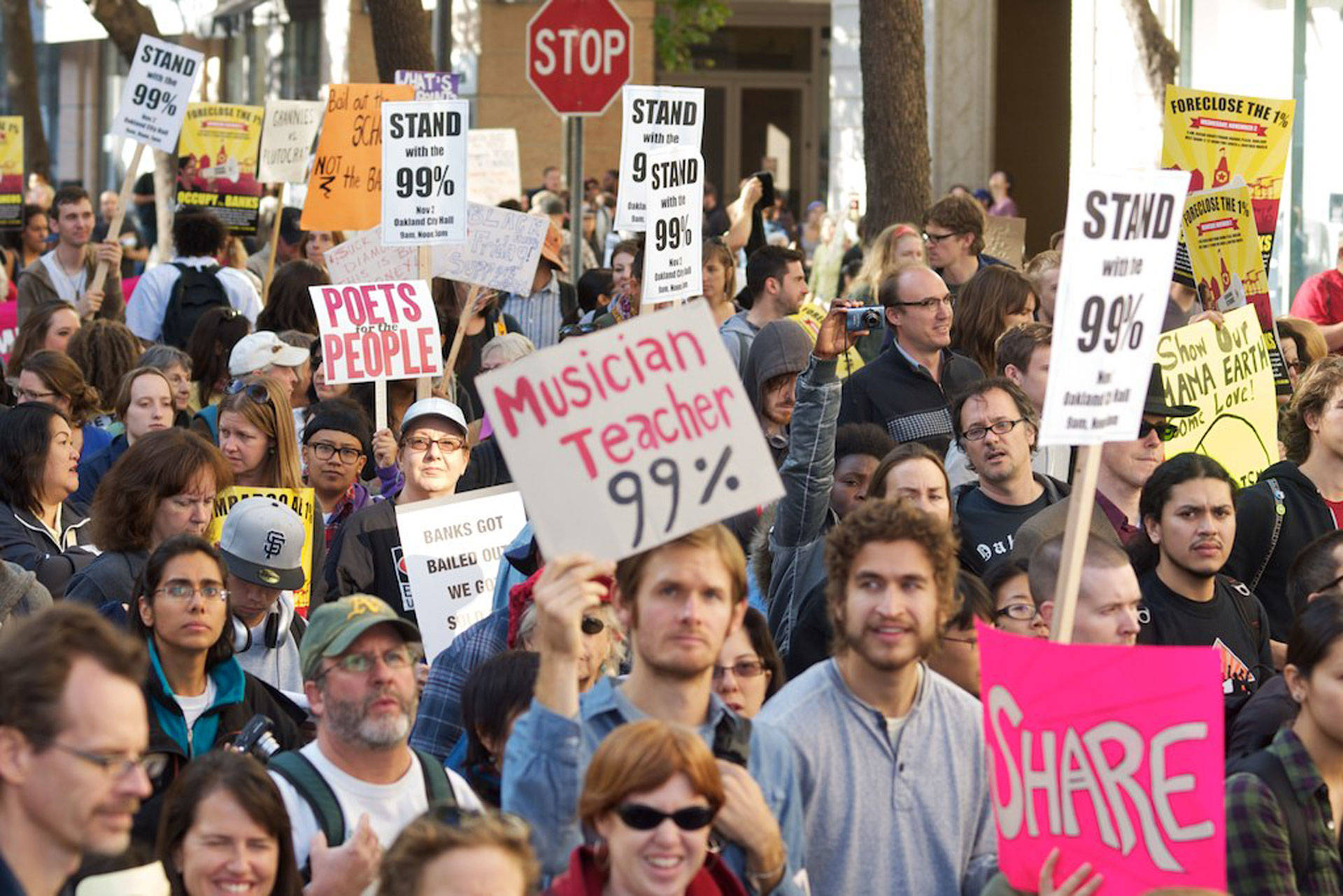Many of the state’s business groups oppose the law, including the California Business Roundtable, which represents large companies. President Rob Lapsley said the bill would keep companies from coming to the state.
“I’m not here today to defend CEO pay. What I am here today to do is to defend jobs,” he said. “Take the CEO pay out of it. What (the bill) is sending is a broader signal that the Legislature is intending to be able to regulate every aspect of free enterprise in this state.”
California would not be the first government in the U.S. to try this, but would be the the largest. In 2016, city officials in Portland, Oregon, approved a 10% tax on publicly traded companies that pay their CEOs 100 to 250 times the average worker.
Some lawmakers signaled they want some changes before the bill comes for a vote in the Senate.
One question is whether the state should make money off the tax. Lawmakers could write the bill so it rewards companies that have smaller gaps between their CEO’s salary and the average pay of their workers.
As written, state officials estimate the legislation could bring in up to $4.1 billion. Skinner said it’s reasonable for the state to make money off the tax because the rising income inequality means more workers are relying on public assistance.
“California’s taxpayers are basically paying the cost for the services that employees then turn to because they don’t have a wage that can provide their families needs,” Skinner said.




